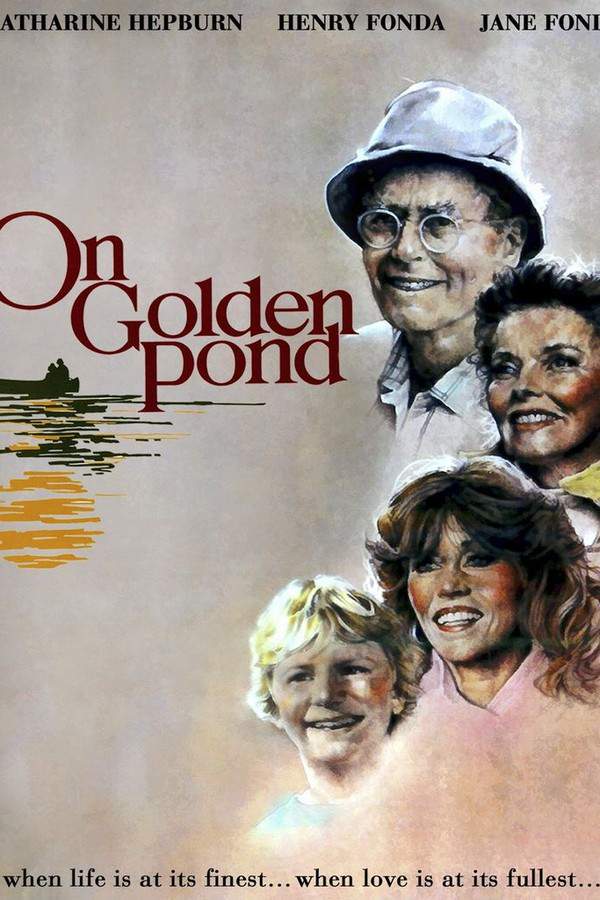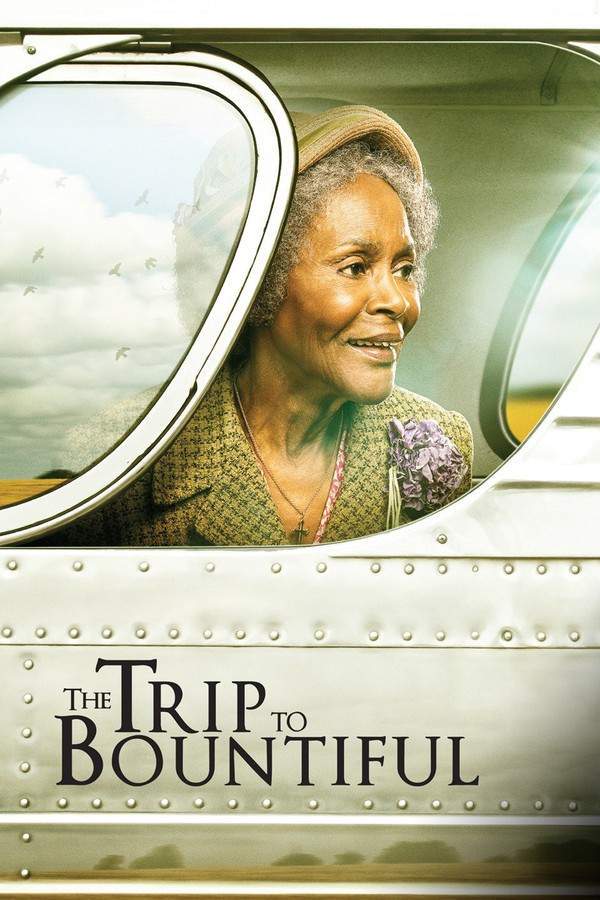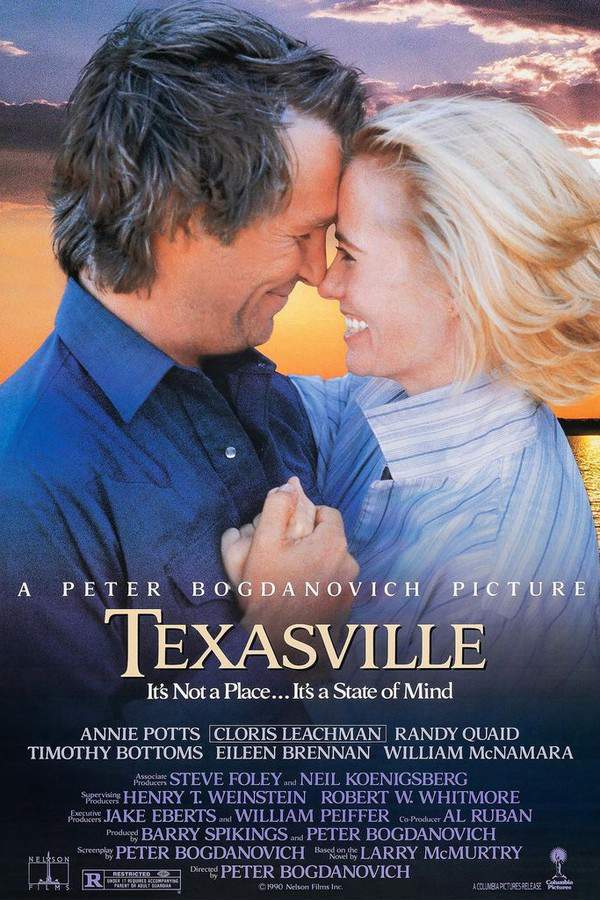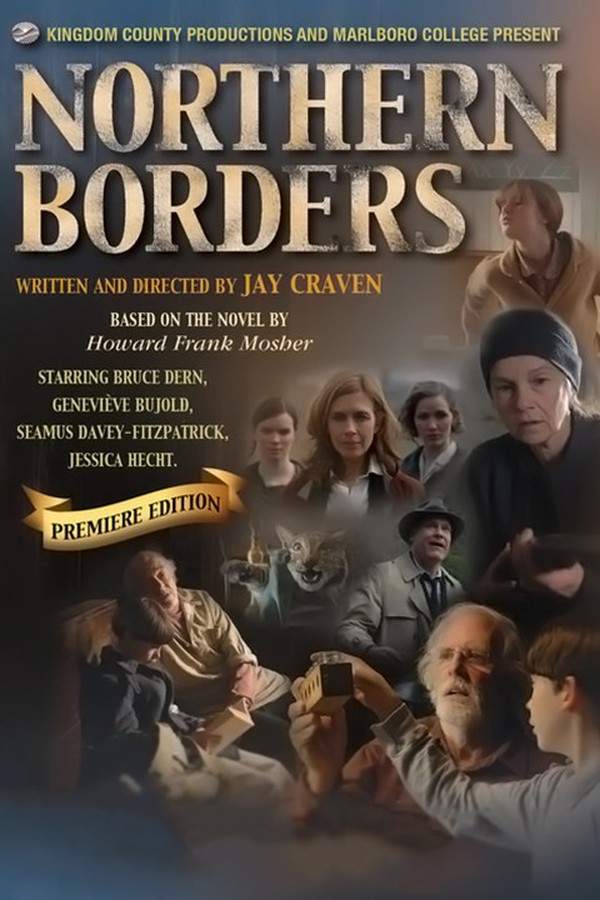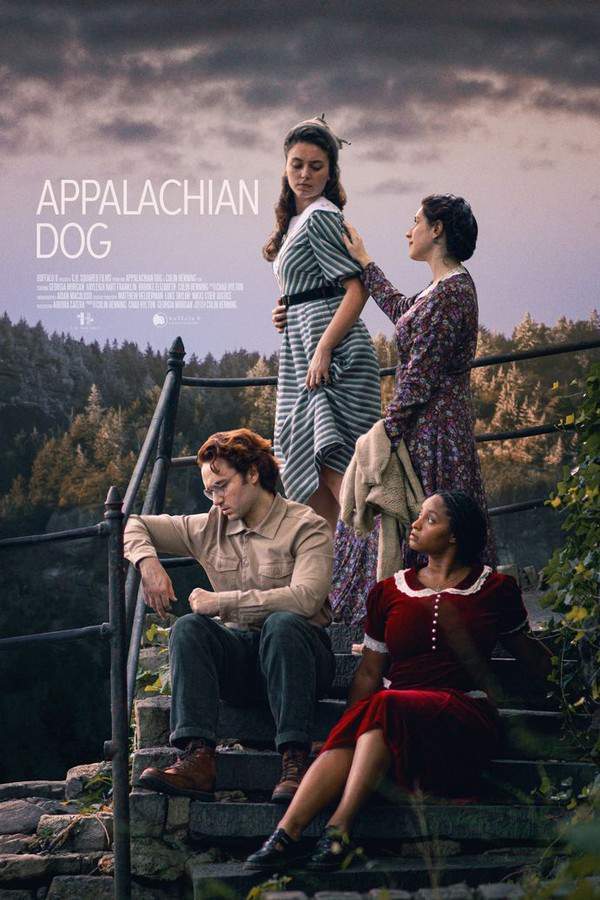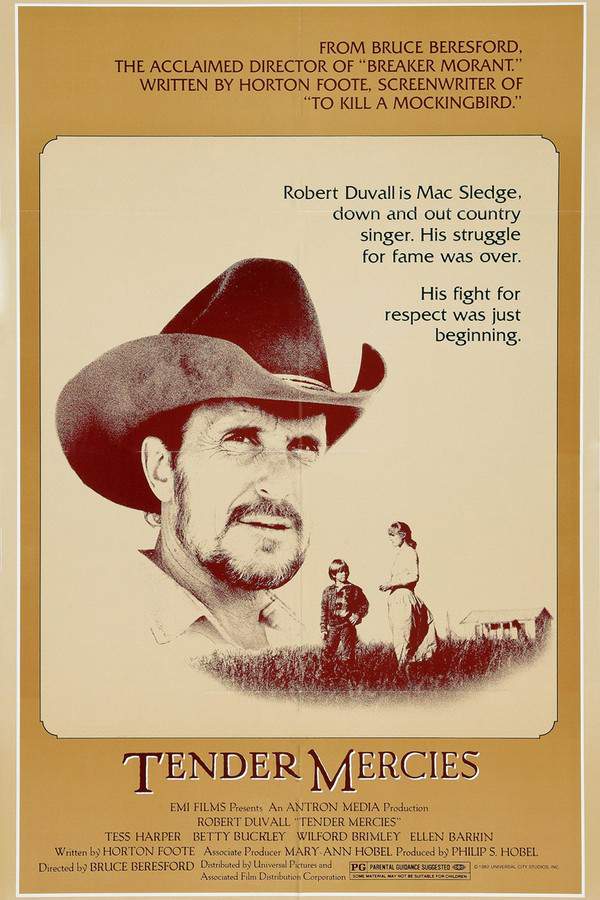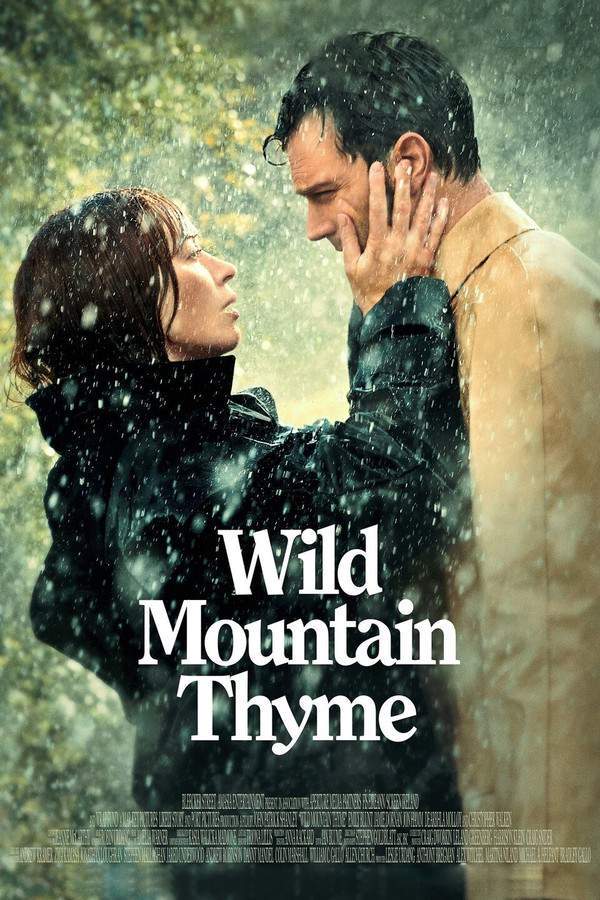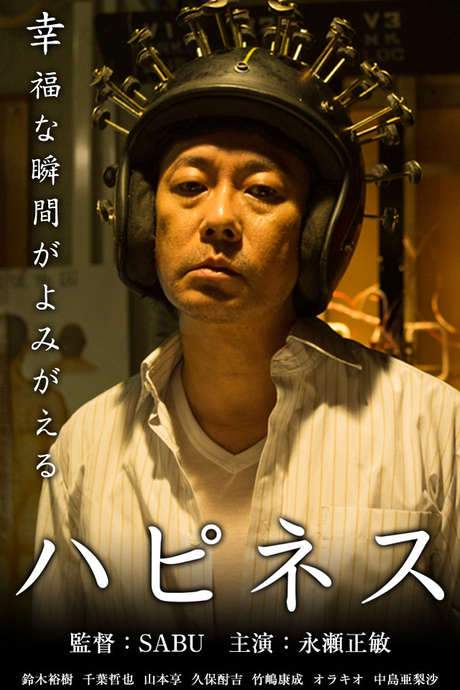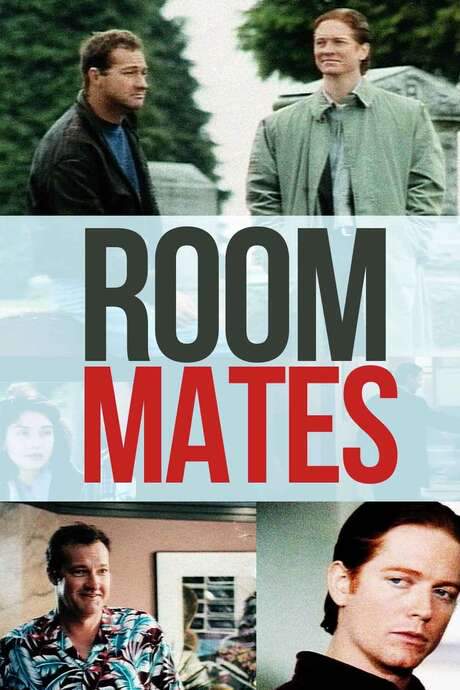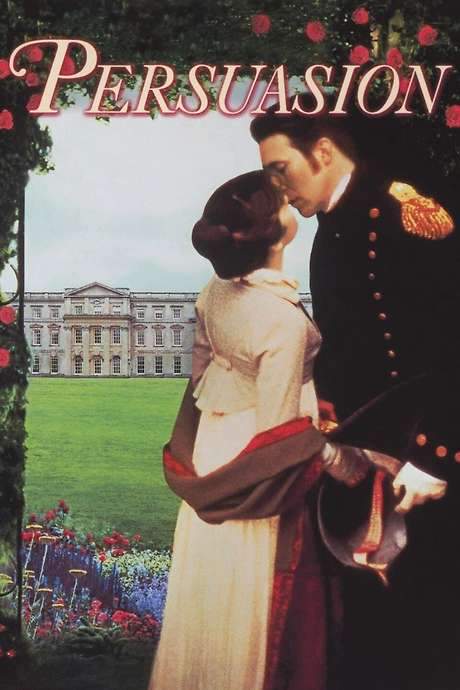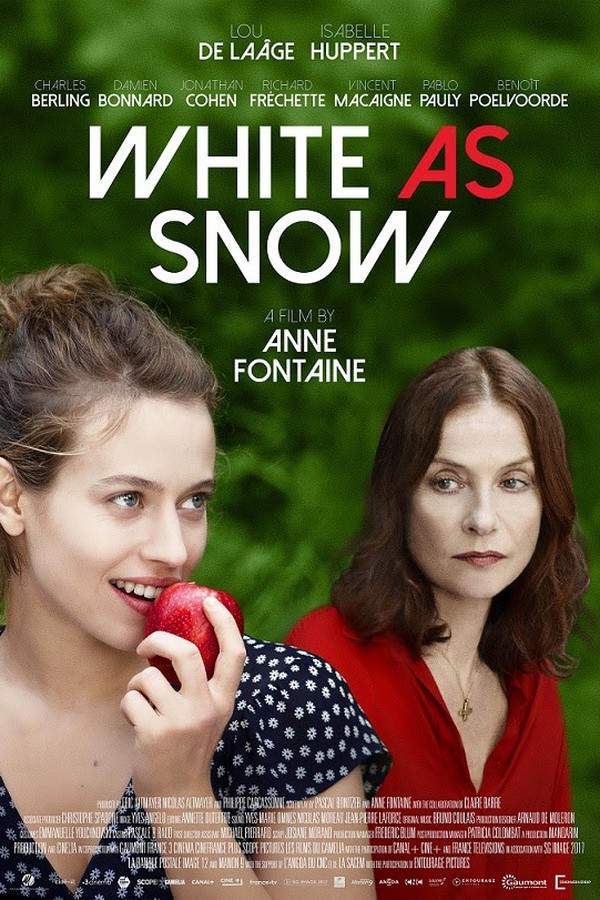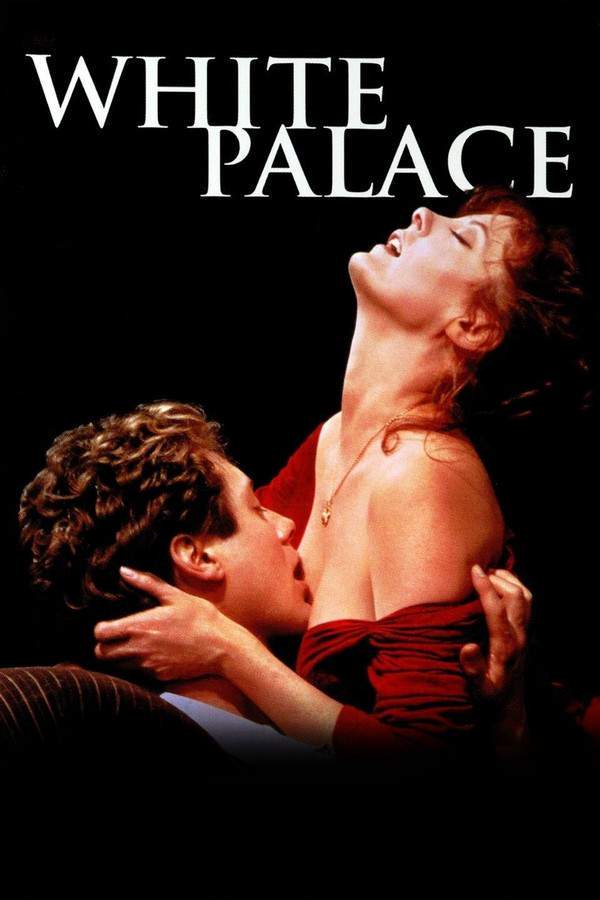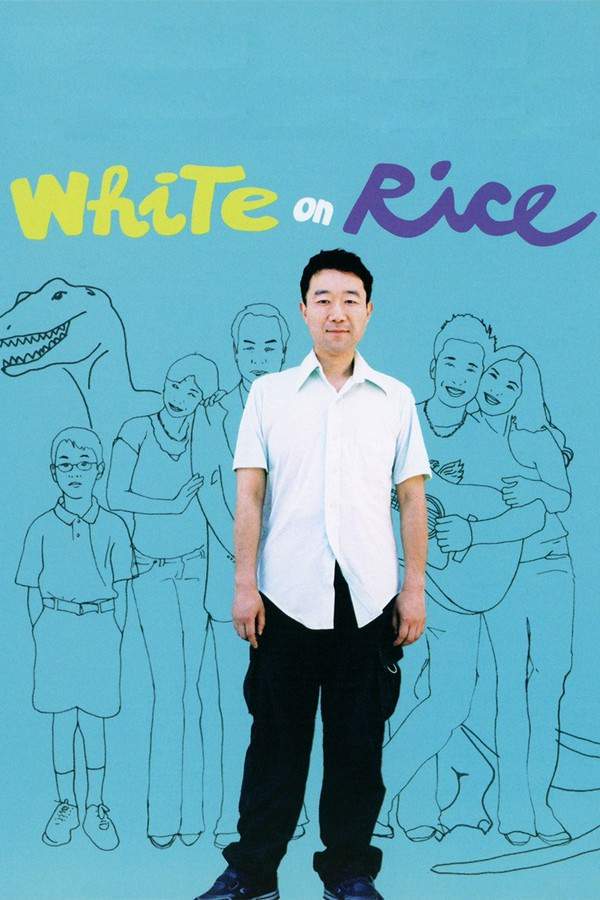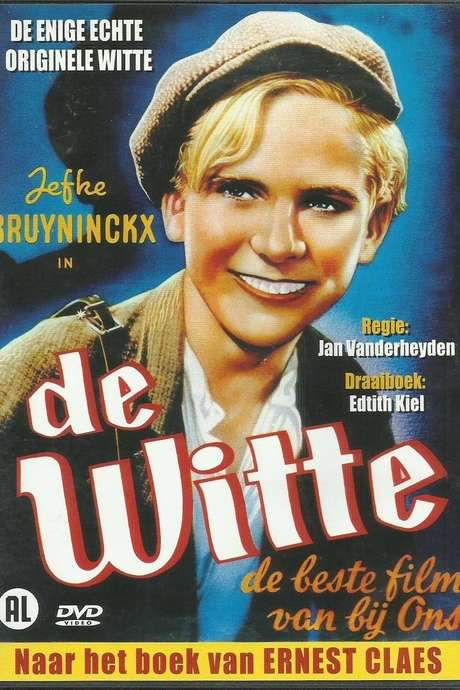
White Dew
Year: 1984
Runtime: 89 mins
Language: Russian
Director: Igor Dobrolyubov
A funny story about Fyodor - the oldest person in the village - and his three sons.
Warning: spoilers below!
Haven’t seen White Dew yet? This summary contains major spoilers. Bookmark the page, watch the movie, and come back for the full breakdown. If you're ready, scroll on and relive the story!
White Dew (1984) – Full Plot Summary & Ending Explained
Read the complete plot breakdown of White Dew (1984), including all key story events, major twists, and the ending explained in detail. Discover what really happened—and what it all means.
In the Belarusian village of White Dew, a planned demolition looms on the horizon, nudging residents to swap their organic, old-world rhythms for the harsher rhythm of city life in the typical multi-storey blocks that rise nearby. The story centers on a venerable patriarch, Fedos Khodas, [Vsevolod Sanayev], whose eighty-year-old legs still carry the weight of a lifetime of work and three wars. He has long been a widower, and his sons are grown and scattered, each with a different fate tugging at the family’s future. The eldest, Andrey [Gennadiy Garbuk], is principled yet overly cautious; the middle son Sasha [Mikhail Kokshenov] drifts far from home, returning only occasionally after years away; and the youngest, Vaska [Nikolai Karachentsov], is a cheerful, reckless soul who finds humor even in hardship. The village itself seems to drift between memory and change, with the director’s choice to unfold much of the plot through dreamlike vignettes that blur reality and longing, inviting viewers to feel the shifting currents beneath everyday life. As the town prepares for apartments in a distant city, a new kind of life — bustling, impersonal, vertical — begins to intrude on their close-knit routines, and the old ways face an uncertain future.
Vaska returns to White Dew after a brief city visit, where he learned that Mishka Kisel [Stanislav Sadalskiy], once a constant presence in the village, has come back and rekindled a complicated bond with Marousia [Galina Polskikh], the wife of Vaska’s own family circle. The situation becomes even knottier as Marousia’s relationship with Mishka resurfaces in the wake of Vaska’s return, and Vaska finds himself forced to confront a marriage he never fully approved of, all while trying to protect the daughter who has somehow altered the household’s balance. Marousia is torn by a cascade of loyalties: she loves Vaska and remains devoted to their daughter, but she also feels the pull of Mishka, who has never stopped wanting to claim what he believes is his. The tension between heart and duty drives the emotional engine of the village, and the wives, husbands, and neighbors watch with a wary clarity as old resentments threaten to fracture the family’s fragile peace.
Across the farm fences and stooped lanes, the elder Fedos tries to steer the family through a web of practical and moral questions. He convenes a family council that includes Andrey and his wife (Irina Egorova), as well as Sasha, in the tense dance of who should gain what kind of advantage as the housing plan unfolds. Andrei’s wife [Irina Egorova] is not merely a spectator; she represents a pragmatic concern for comfort and status in the looming city life, while Fedos weighs whether it is right to push his sons into compromising decisions that might mirror a harsher, more urban future. The central dispute accelerates when Andrei reveals a preference to leverage the family’s position to secure a better apartment for himself and his wife, even offering to adapt his own house for a dacha and to sell his father’s home to a boss for demolition. Fedos, however, refuses to let fear drive him toward ruinous choices, and he keeps a careful eye on Sasha, whom he suspects Andrei will not be eager to welcome into a new household. By weaving these negotiations with the rumor of a grandchild’s uncertain paternity, the film explores how love, memory, and obligation collide in a changing landscape.
Meanwhile, the town’s quiet life is upended by a procedural drama that tests every character’s resolve. The plan to speed up the divorce between Vaska and Marousia becomes a test of truth and appearances: Vaska agrees to feign certain faults—alcohol use, absence, and neglect—to create a plausible case for court. He leaves Marousia waiting near the courthouse, but on his way to a shop for a drink, fate intervenes when a stroller with a baby is thrust into danger at a crossing. A mistaken outcome unfurls as the stroller tumbles and bottles spill; a confrontation in the street ends with Vaska receiving a 15-day sentence in a people’s court. This moment crystallizes the precarious edge on which the family must walk between legal compromise and personal integrity.
As the drama intensifies, Mishka’s return and the evolving relationship with Marousia draw Andrei into a new, transformed world. In a surprising turn, Fedos steps in as a mediator between Mishka and Marousia, proposing a solution that would allow Vaska to move to his father’s home while Mishka would later join Marousia, with the stipulation that the granddaughter remain unaware of her father’s identity for the time being. The revelation brings a fresh, almost cinematic, tension to the village, and Verka’s presence as the postwoman — a friend and confidante who has watched the children grow — becomes a quiet thread of continuity in this shifting tale. Verka’s mother, Matryona [Galina Makarova], and grandma Kiselikha [Stefaniya Stanyuta] provide a braided backdrop of village memory, wisdom, and stubborn resilience as the younger generation navigates new social rhythms.
In a sequence that blends humor with hardship, the family’s attempts to settle into a future in the city stumble into a comic misstep when Timofey’s makeshift remedies and a curious test with a bread crust lead to an outdoor scramble that ends with the dog Jack and a hospital visit for stomach cleansing. The mix of misfortune and lighthearted mischief underlines the film’s gentle insistence that community life endures through companionship, even when the path ahead is uncertain. After a night spent in a police cell, Andrei experiences a personal awakening that reshapes his outlook on his marriage and his place in the family, and a chance conversation between him and Vaska hints at a shared possibility of a different future.
As the weeks pass, the old man Fedos persists in his attempts to secure a humane and compassionate solution for his family. He hatches a plan that would bring Verka — the diligent postwoman [Natalya Khorokhorina] — into a more stable, affectionate arrangement with Sasha [Mikhail Kokshenov], and the two families begin to re-knit around a hopeful, if uneasy, wedding. The ceremony marks a quiet rebirth of the village’s social fabric, a restores a sense of continuity that the city’s looming demolition could not erase. The film closes on a note of fragile gratitude: Fedos, with a card of sunlit warmth lifting his spirits, gives thanks for life, and asks for light and warmth for the children who will carry the village’s memories into the future. The dawn that greets White Dew signals not an end, but a transformation — a testament to endurance, love, and the stubborn joy of a family that remains bound together even as the world around them shifts.
Last Updated: October 09, 2025 at 14:41
Explore Movie Threads
Discover curated groups of movies connected by mood, themes, and story style. Browse collections built around emotion, atmosphere, and narrative focus to easily find films that match what you feel like watching right now.
Bittersweet rural family chronicles like White Dew
Gentle stories of family life and fading traditions in changing rural communities.Movies like White Dew that capture the bittersweet feeling of family life in a changing village. If you enjoyed the gentle humor and melancholy of fading traditions, you'll find similar stories of community resilience and generational bonds here.
Narrative Summary
Stories in this thread often center on a patriarch or family unit navigating internal conflicts and external pressures, such as economic decline or societal change. The narrative unfolds at a reflective pace, interweaving personal dramas with the broader theme of a way of life in transition, leading to emotionally resonant, bittersweet conclusions.
Why These Movies?
These movies are grouped by their shared focus on family dynamics within a specific rural setting, a measured pacing that allows for contemplation, and a tone that gracefully balances gentle humor with a deep sense of nostalgia and loss.
Gentle dramas of quiet endurance like White Dew
Character-driven stories where resilience is found in quiet acceptance, not grand victories.If you liked White Dew's portrayal of quiet resilience amidst hardship, explore these similar character-driven movies. They share a medium emotional weight, a contemplative pace, and a focus on the strength found in accepting life's bittersweet changes.
Narrative Summary
The narrative pattern follows characters navigating significant but relatable life challenges—such as marital strain, family duty, or community displacement—without explosive action. The journey emphasizes internal fortitude and subtle emotional growth, culminating in an ending that acknowledges loss while affirming the value of perseverance and connection.
Why These Movies?
They are united by a MEDIUM emotional weight that avoids being overwhelmingly heavy, a SLOW pacing that allows for reflection, and a BITTERSWEET tone that finds a realistic balance between hardship and hope, making the quiet triumphs of the characters deeply felt.
Unlock the Full Story of White Dew
Don't stop at just watching — explore White Dew in full detail. From the complete plot summary and scene-by-scene timeline to character breakdowns, thematic analysis, and a deep dive into the ending — every page helps you truly understand what White Dew is all about. Plus, discover what's next after the movie.
White Dew Timeline
Track the full timeline of White Dew with every major event arranged chronologically. Perfect for decoding non-linear storytelling, flashbacks, or parallel narratives with a clear scene-by-scene breakdown.

Characters, Settings & Themes in White Dew
Discover the characters, locations, and core themes that shape White Dew. Get insights into symbolic elements, setting significance, and deeper narrative meaning — ideal for thematic analysis and movie breakdowns.

White Dew Spoiler-Free Summary
Get a quick, spoiler-free overview of White Dew that covers the main plot points and key details without revealing any major twists or spoilers. Perfect for those who want to know what to expect before diving in.

More About White Dew
Visit What's After the Movie to explore more about White Dew: box office results, cast and crew info, production details, post-credit scenes, and external links — all in one place for movie fans and researchers.

Similar Movies to White Dew
Discover movies like White Dew that share similar genres, themes, and storytelling elements. Whether you’re drawn to the atmosphere, character arcs, or plot structure, these curated recommendations will help you explore more films you’ll love.
Explore More About Movie White Dew
White Dew (1984) Scene-by-Scene Movie Timeline
White Dew (1984) Movie Characters, Themes & Settings
White Dew (1984) Spoiler-Free Summary & Key Flow
Movies Like White Dew – Similar Titles You’ll Enjoy
White as Snow (2021) Ending Explained & Film Insights
White Palace (1990) Movie Recap & Themes
White on Rice (2009) Spoiler-Packed Plot Recap
White as Snow (2019) Detailed Story Recap
Dew (2019) Spoiler-Packed Plot Recap
White Soup (2003) Complete Plot Breakdown
The White Queen (1991) Film Overview & Timeline
White Dreams (1985) Full Summary & Key Details
Fathers and Grandfathers (1982) Complete Plot Breakdown
White Wedding (1989) Film Overview & Timeline
Whitey (1934) Spoiler-Packed Plot Recap
White Valentine (1999) Plot Summary & Ending Explained
White Bim Black Ear (1977) Full Summary & Key Details
White Paradise (1924) Spoiler-Packed Plot Recap
The White Suit (1999) Spoiler-Packed Plot Recap

